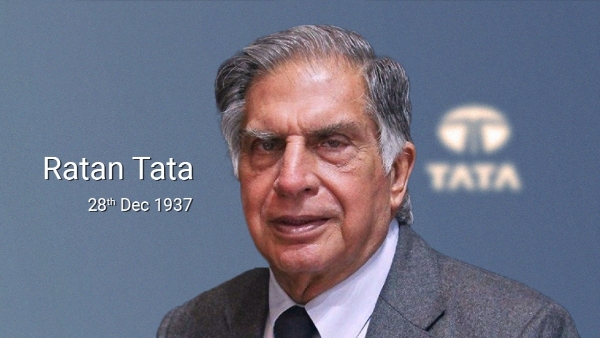Abraham Lincoln Biography
Abraham Lincoln, the 16th President of the United States, stands as a towering figure in American history. His life journey, from humble beginnings to leading the nation through its greatest crisis, the Civil War, is a testament to resilience, dedication, and unwavering moral compass. Lincoln’s leadership during the war not only preserved the Union but also paved the way for the abolition of slavery.
Abraham Lincoln Nationality & Age
- Nationality: American
- Date of Birth: February 12, 1809
- Place of Birth: Hodgenville, Kentucky
- Date of Death: April 15, 1865 (aged 56)
- Place of Death: Washington D.C.
Abraham Lincoln Education and Schooling
- Received limited formal education due to his family’s circumstances.
- Primarily self-educated, reading extensively on law, history, and philosophy.
- Became a licensed lawyer in 1836, demonstrating his intellect and dedication.
Abraham Lincoln Relationship and Personal Life:
- Married Mary Todd in 1842, a complex and passionate relationship.
- Four sons: Robert Todd, Edward Baker, William Wallace, and Tad (only Robert survived childhood).
- Faced personal tragedies, including the loss of three sons.
Abraham Lincoln Career Beginnings
- Entered politics in 1834, elected to the Illinois House of Representatives.
- Served four terms, advocating for internal improvements and education reform.
- Elected to the U.S. House of Representatives in 1846, serving one term.
- Gained national recognition for his opposition to the expansion of slavery.
- Lost the 1858 senatorial election to Stephen Douglas but gained national prominence through their famous debates.
Abraham Lincoln Career and Contributions
- Elected President of the United States in 1860: The first Republican president, facing a nation on the brink of secession.
- Preserved the Union: Led the United States through the Civil War, a defining moment in American history.
- Issued the Emancipation Proclamation in 1863: Declared enslaved people within Confederate-held territory to be free, a turning point in the fight against slavery.
- Delivered the Gettysburg Address in 1863: One of the most eloquent and powerful speeches in American history, honoring the sacrifices of soldiers and reaffirming the nation’s ideals.
- Re-elected President in 1864: Leading the nation on the path to victory and finalizing the abolition of slavery with the passage of the 13th Amendment.
Abraham Lincoln Achievements and Awards
- Re-elected President in 1864, demonstrating the public’s trust in his leadership.
- Led the Union to victory in the Civil War, preserving the nation’s unity and ending slavery.
- Emancipation Proclamation and Gettysburg Address remain iconic testaments to his vision and leadership.
- Revered as one of the greatest presidents in American history, remembered for his integrity, perseverance, and dedication to national unity and freedom.
Abraham Lincoln Conclusion and Legacy
Abraham Lincoln’s life story embodies the American spirit of overcoming adversity, fighting for ideals, and pursuing a more just and united nation. His legacy transcends his presidency, inspiring generations with his unwavering commitment to equality, democracy, and the promise of a better future. Despite facing immense challenges and personal sacrifice, he remained steadfast in his pursuit of preserving the Union and abolishing slavery, leaving an indelible mark on American history.



